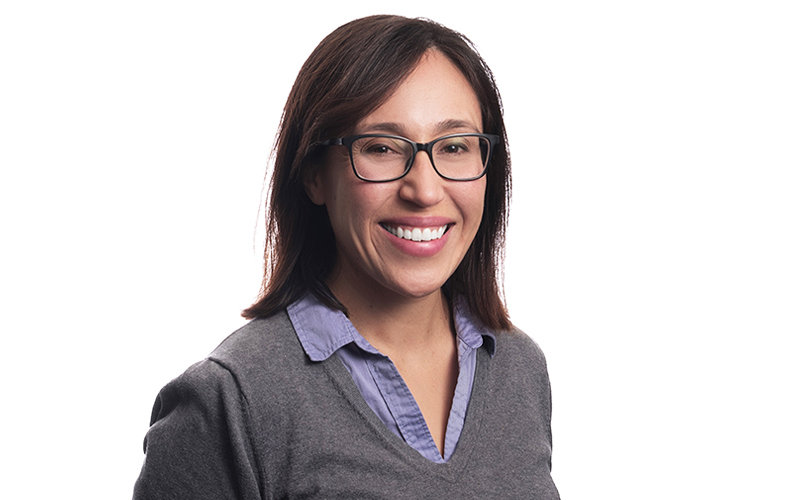
Hoping her classrooms serve as spaces for Cal State Fullerton students to explore and examine American cultures in the past and present, Sara Fingal is one of 43 new faculty members to join the University this fall.
The new assistant professor of American studies, who is teaching “Americans and Nature” and “California Cultures,” holds a doctorate in history from Brown University and previously taught at Michigan State University.
What inspired you to go into the field of American studies?
As an undergraduate student, I thoroughly enjoyed making connections across my humanities, social science and environmental studies courses. My professors and the readings in my classes complicated my world view. After the first year of my undergraduate degree, I became passionate about studying American culture and history.
What are your research interests?
My research is focused on borderlands in North America and human interactions with water, particularly in California and Mexico, during the 20th century. My current book project is centered on the influence of beach culture on battles over coastal access and property rights during the 1960s and 1970s. The mid-20th century is a period when the environmental movement and other social movements were emerging in the United States. Additionally, I completed articles on Americans buying homes along the coastline of Baja California and the origins of Latinx environmentalism.
What do you hope students will learn from your classes?
I hope that my students will learn about the society and cultural history that shapes their everyday lives and the world around them — from the local freeways to the architecture of this campus. Moreover, I want my students to practice and improve their writing, speaking and critical reading skills in my courses.
What would you like the general public to know about your research areas?
My childhood in Southern California inspired me to center my research on this region. I have dedicated my academic career to understanding how conflicts over democratic rights and land ownership reflected major shifts in California and American culture in the 20th century. My work to date ties together urban and rural history with analyses of landscapes and cultures that transcend municipal, state and national boundaries.